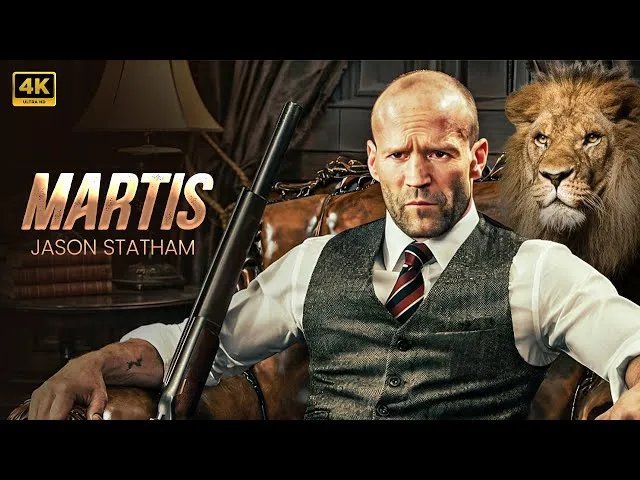Beyond the Wasteland (2022): A Poignant Love Letter to Mad Max and Its Devoted Fans
Beyond the Wasteland is a 2022 Australian documentary directed by Eddie Beyrouthy that explores the powerful legacy of Mad Max and the passionate global community that surrounds it. More than just a tribute to a cult film series, the documentary is an emotional journey through fandom, personal transformation, and the lasting impact of storytelling in a post-apocalyptic world.
The film follows a diverse group of Mad Max superfans, cosplayers, and car builders from around the world — including Australia, Japan, and the U.S. — as they gather to celebrate the iconic franchise. It centers around their shared obsession with George Miller’s vision of a dystopian future, and how Mad Max inspired them to build their own vehicles, costumes, and entire subcultures rooted in the Wasteland aesthetic.
One of the most compelling threads of the documentary is the story of Paul Johnstone, who played the War Boy "Cundalini" in the original Mad Max (1979). Johnstone, now a cancer survivor, returns to the outback and reconnects with fans as he reflects on his life, legacy, and what the film has come to mean — not just to others, but to himself. His presence adds emotional weight and authenticity to the film, anchoring the wildness of the fandom in something deeply personal and moving.
Visually, Beyond the Wasteland captures the spirit of Mad Max with high-octane sequences of fan-built vehicles tearing across desolate landscapes, elaborate costume contests, and immersive events like Wasteland Weekend — an annual post-apocalyptic festival in California that turns fantasy into reality. The attention to detail in these fan tributes is astonishing, showing how Mad Max is more than just a movie — it’s a lifestyle, a coping mechanism, and a form of rebellion against modern conformity.
But the documentary goes deeper than spectacle. It explores how this post-apocalyptic fantasy resonates with people from all walks of life — veterans, mechanics, artists, outsiders. Many of the featured individuals explain how the world of Mad Max gave them purpose, healing, and a community that accepts them. In a world that often feels chaotic or broken, the Wasteland becomes a place of belonging.

The editing and soundtrack echo the gritty, metallic energy of the Mad Max films while maintaining a heartfelt documentary tone. There's a balance between chaos and calm, fire and reflection — much like the films themselves. The interviews are candid, humorous, and sometimes profoundly emotional, underscoring the documentary’s message that stories — especially those set in dystopias — can be vehicles for hope, connection, and self-expression.
In conclusion, Beyond the Wasteland is a must-watch for fans of Mad Max, pop culture enthusiasts, or anyone who has ever found meaning in fiction. It’s a documentary not just about a film series, but about the people who were transformed by it — a community built on dust, chrome, and heart. Emotional, exhilarating, and surprisingly human, it proves that even in the bleakest imagined futures, the human spirit burns brightest.


